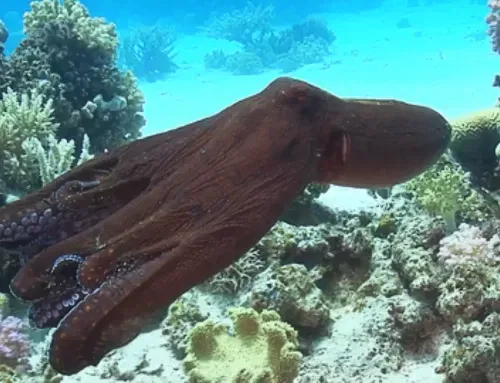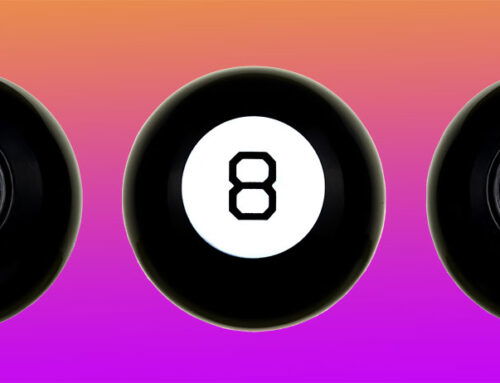We believe in the linear concept of time. We look back at the past and ahead at the future, sometimes so much so that the ever-present now slips by unnoticed.

Alien-like landscape captured through my lens on last year’s trip to Iceland
I saw Arrival recently, a movie about aliens who landed spaceships in twelve different locations on our lonely planet. The aliens seemed peaceful enough although, as usual, our paranoid personalities and talent for conflict merged to make our fearless leaders do their best to find the worst in the aliens. The trouble was that no one could understand the aliens’ language, which came out in cryptic abstract images and some grunts and groans – very imaginative, I’d say. Finally Amy Adams, the linguist heroine of the movie –she’s wonderful – figured out that these kindly aliens were just trying to warn us Earthlings about disasters in the future. You see, the aliens lived in an alternative timeframe, and what an interesting timeframe it was. They saw the future as past events. Time was scripted backwards, or something like that. Maybe I didn’t understand it quite right, but that’s the message I got, and whether right or wrong (does it matter?), it made me think about the timeframes we live in.
Spoiler alert: the aliens fly away, leaving us Earthlings no better off than before they came.
Would our life, or choices, change significantly if we knew what was going to happen and saw future events as past happenings? First, those arrogant enough, or have an ax to grind, would not accept what they were told and would believe that they, and only they, could change the future to their benefit. The predicted future would not be a spoiler for them. It would be a challenge. No change would occur: the present course would stampede on. A Trump supporter might feel that way.
Even if the predicted future were believed, would that be a spoiler? Perhaps, sometimes.
But not necessarily, I think. Often the crux of a movie or a book is played out in flashbacks, which means we know the end. We can be told that a criminal is caught and goes to jail at the beginning of the movie or book, and then the story tells us what he did and how it happened. Or, we could see a happily married couple, or two sad looking lovers married to other spouses when a story opens, so we know the end, but we’re still absorbed by the flashbacks. Has knowing the end been a spoiler?
We aren’t bored because we know the end. Maybe even the opposite; we don’t have to waste time guessing what’s going to happen and can concentrate, or enjoy, or suffer through how the end is reached.
Now for the stretch. Take our life plans – our ambitions that guide us and chart our path. We imagine that we’ll get what we work for and want with all our hearts. No one goes to law school or medical school believing that they won’t end by being a lawyer or doctor. The goal is the future, or at least we take it that way. We believe that we’ll arrive at that imagined future, especially if we’re optimists, which I think many of us are even if we don’t admit it too openly. If we truly believed that our imagined future was not attainable, we’d adjust the goals. The imagined future might be considered a murky spoiler – a potential spoiler because we imagine that we see the future – but that doesn’t make life less interesting; it makes it more real somehow. That we imagine reaching our goals gives flavor, color, passion and hope to our life. It’s no spoiler to imagine the end; it drives us on.
imagine the end; it drives us on.
So if knowing the end may not make that much difference or be a spoiler, the aliens wasted their time warning Earthlings to avoid what’s going to come. It probably won’t change anything. I don’t believe that I’ve made Arrival a less interesting movie with my spoiler alert about how it ends. The spoiler has done its work, and it’s not damaging.






Leave A Comment